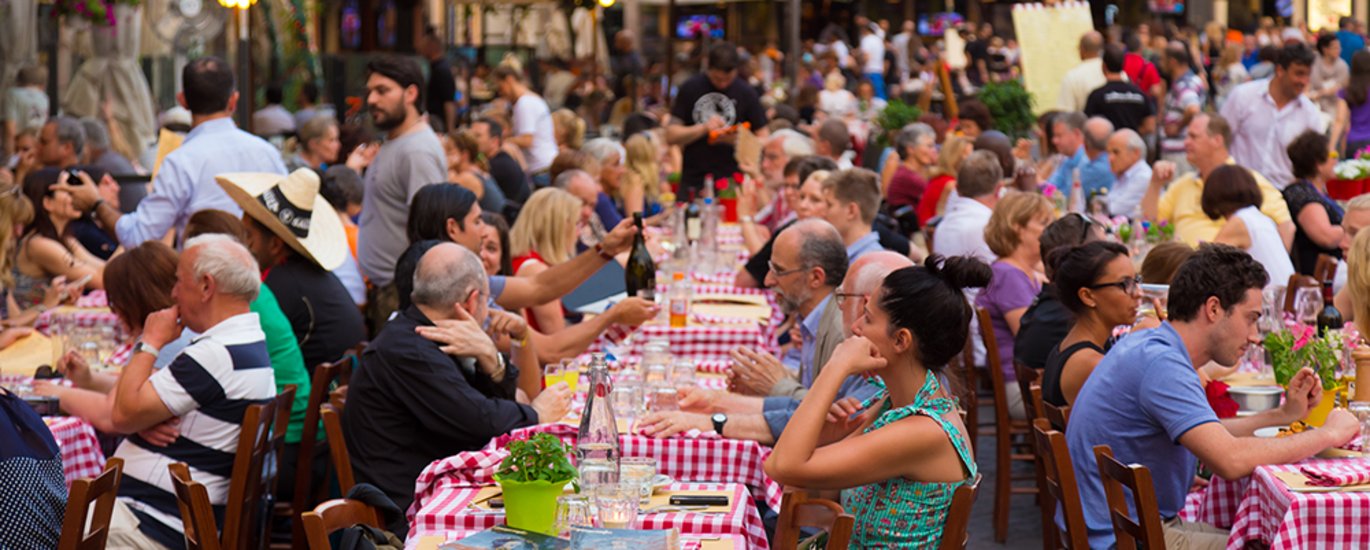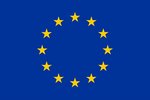How can food systems become more sustainable through diversity?
The demand for locally grown and sustainably produced food has not only risen sharply as a result of the corona pandemic. Food should not only be healthy, but also produced and processed without animal suffering and as environmentally friendly as possible.

How can the diversity of food systems contribute to a more sustainable food system? That is the question that will be tackled under the umbrella of the FOOdIVERSE project.
The FOOdIVERSE project is taking a food systems approach. Current research is often focusing on biodiversity, for instance as agro-biodiversity being interested in the diversity that is linked to agricultural food production. However, beyond diversity in the sphere of agricultural production, a food systems perspective unsheathed other actors and processes that can positively impact the sustainability of food.
A food systems perspective emphasizes the role of not only producers, but also along the food chain in processing, distributing as well as consuming food. Hence, the FOOdIVERSE project is flipping the food chain and starts with investigating the role of diversity for more sustainable food systems with an analysis of diverse local food cultures and eating patterns. The eating patterns and dietary diversity seems to be very important entry points to also advance a more diversity in preceding instances that will be inventoried in the next step of the analysis: diversity in modes of organization and coordination of the food chain. Myriad diverse initiatives promote short food supply chains in the local realm that might promote ways towards more sustainable food systems at large. To complete the inventory of diversity in the food system, the project also considers food governance. Governance stakeholders can implement diverse measures and interpret the European specifications in various ways. Hence, it is imperative to know about the role of diversity in food governance as well, in order to support diversity measures in the food system.
Currently, the project team of FOOdIVERSE has established protocols to investigate local food cultures, food chains and food governance in five European countries: Norway, Poland, Italy, United Kingdom and Germany. The comparative analysis will provide novel insight on the role of diversity for more sustainable food systems. The results will also pave the way for the second part of the project, that is to experiment with local stakeholders in living labs. The project will search for innovations that relate to the diversity of food systems, emphasizing the relations between the various local actors involved, but also in processes that help to advance more sustainable and organic food in Europe.
Read more about the project: https://susfood-db-era.net/main/FOOdIVERSE
Author
Stefan Wahlen, professor of food sociology (Giessen University, coordinator of the FOOdIVERSE project), contact: Stefan.wahlen@uni-giessen.de, www.foodiverse.eu
Editor: Karin Ullven / Design: Christine Dilling
